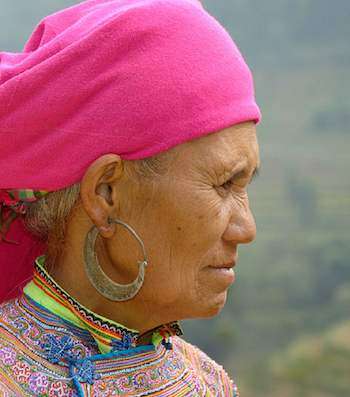Help for Hot Spots
A $150 million global fund has been launched to provide protection for environmental “hot spots†that contain the most dense array of plant and animal biodiversity around the planet.

Emotions ran high this week at Seoul's Convention Center in South Korea as 100 Korean families from both sides of the border were reunited for the first time in half a century following the historic June agreement to work toward better relations between the two Koreas.
Brothers and sisters fell into each other's arms, mothers and fathers were overwhelmed by emotion at seeing their long-lost children, husbands and wives were reunited and were introduced to middle-aged people as the children they had last seen during the Korean War in 1950-1953.
At the same time, a similar scene was played out in Pyongyang in North Korea where 100 Korean families from the South were reunited with their relatives in the North. For four days, the Korean families had the opportunity to meet in the privacy of their hotel rooms and try to take stock of their lives.
It is estimated that there are around 10 million separated family members in the Koreas, more than 7.6 million of them in the South. The Red Cross was assigned the task of selecting the families and arranging the meetings. It required arduous work, checking and cross-checking, to discover if the relatives could be found or if they were even alive. Nearly 77,000 people applied for a seat on the plane to Pyongyang.
International Federation of Red Cross and Red Crescent Societies (International Red Cross webste)
Be the first to comment